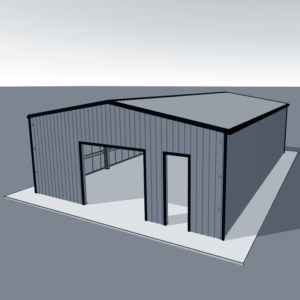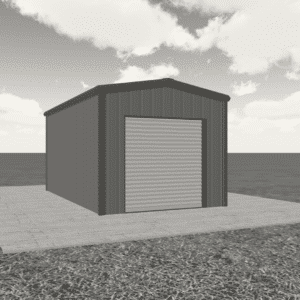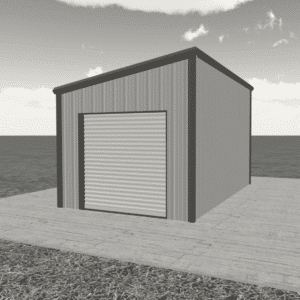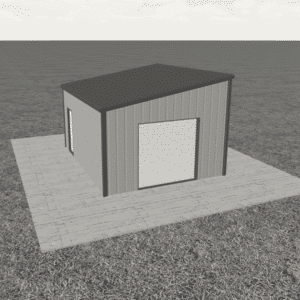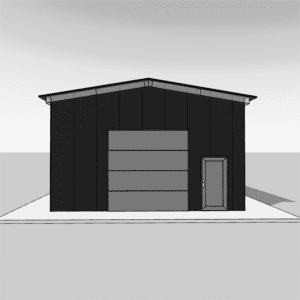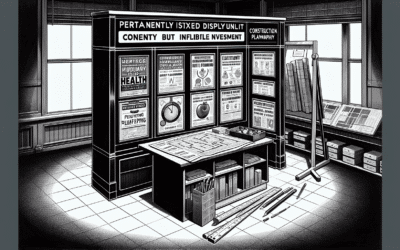Saskatchewan Premier Stands Against Retaliatory Tariffs: What it Means for Construction and Real Estate
Premier Scott Moe’s Defiant Stance Against Tariffs
In a surprising turn of events, Saskatchewan Premier, Scott Moe, has publicly voiced his opposition to the proposed retaliatory tariffs on the province’s goods in response to the United States’ impending tariff threat. Despite the Team Canada approach favoring an eye-for-an-eye strategy, Premier Moe has strayed from this path, firmly stating his commitment to a harmonious solution.
This stand against potential tariffs could significantly impact various industries, including the construction and real estate sectors in Saskatchewan. So, what does this mean for the construction industry in the province? What impact could this decision make on real estate development moving forward?
Understanding the Potential Effects on the Construction Sector
Considering the highly interdependent relationship between the construction and steel industries, particularly regarding the growing steel structure trend in Saskatchewan, any tariff imposition could significantly shift the dynamics in this sector.
The US is the largest consumer of our steel products. Therefore, a tariff imposition could result in reduced exports, increasing inventory in the local market and potentially driving down prices. In turn, this may lead to increased expenses for the construction sector, subsequently affecting the pricing of real estate and construction services in the long run.
Opportunities and Challenges for Real Estate Developers
Over the past few years, Saskatchewan’s real estate market has shown positive trends with steady growth. However, economic measures like tariffs can quickly turn the tides within the complex real estate market ecosystem.
Lower steel prices, while initially beneficial for developers, could ultimately lead to oversupply in the market, resulting in a potential depreciation of property values. Builders could face larger expenses due to price fluctuations, which could then impact the affordability of housing in Saskatchewan.
For many, Premier Moe’s stance may be seen as an indication of a responsible leader prioritising the province’s economic stability over politics. By combating tariffs, he could potentially protect a section of Saskatchewan’s economy and encourage further growth and development.
Navigating Through Uncertainty: A Plan Moving Forward
Saskatchewan’s construction industry, indeed, has its challenges cut-out. The close monitoring of these developments and adaptation to new circumstances will no doubt be crucial in continuing the sector’s healthy growth.
By choosing to stand with our building team in Saskatchewan and against the retaliatory tariffs, Premier Moe has made his stance clear against any action that could potentially harm the economy and development of the province.
To further navigate through this uncertainty, engaging with professional construction and real estate development experts not only reduces potential risks but can also optimise growth opportunities even within these tumultuous times.
In Conclusion
Now, as we closely watch the potential repercussions of Premier Scott Moe’s stance against retaliatory tariffs and its wider effects on Saskatchewan’s construction and real estate sectors, it’s critical to be prepared. As industry leaders, we must adapt, plan, and fortify our strategies to safeguard our industry’s future.
Do you have any other predictions on how Premier Moe’s decision could impact these sectors? What are your experiences with the intricacies of such economic tactics? We welcome you to share your thoughts and experiences in the comment section below.
To delve deeper into the issue, check out the original news source.



